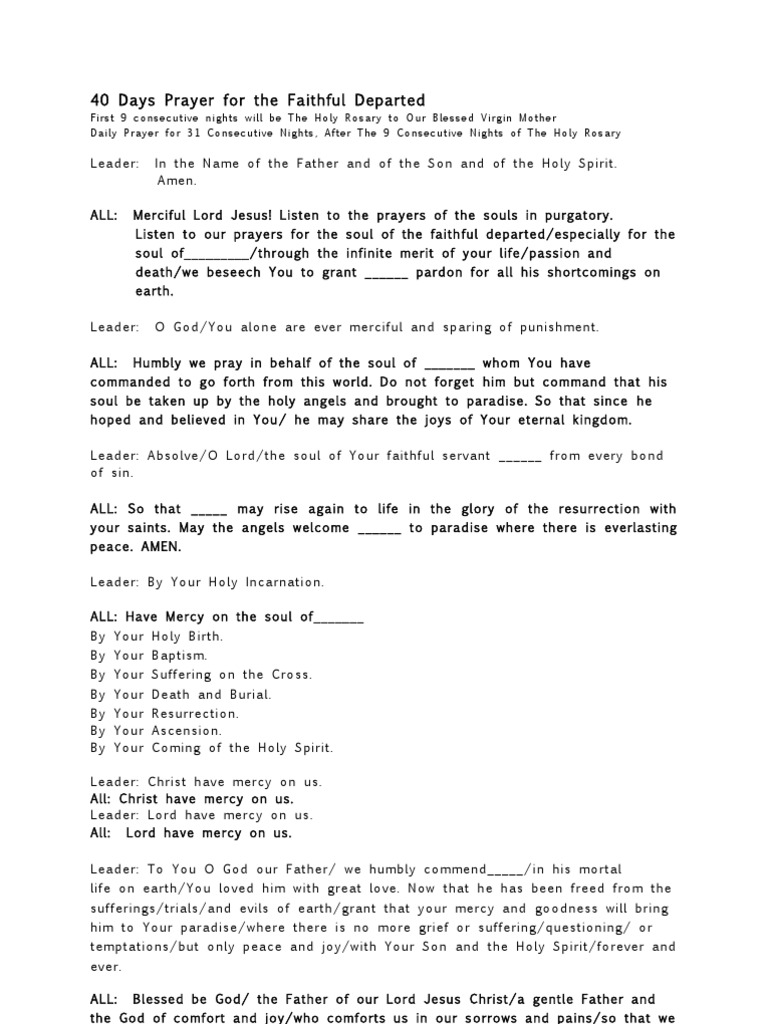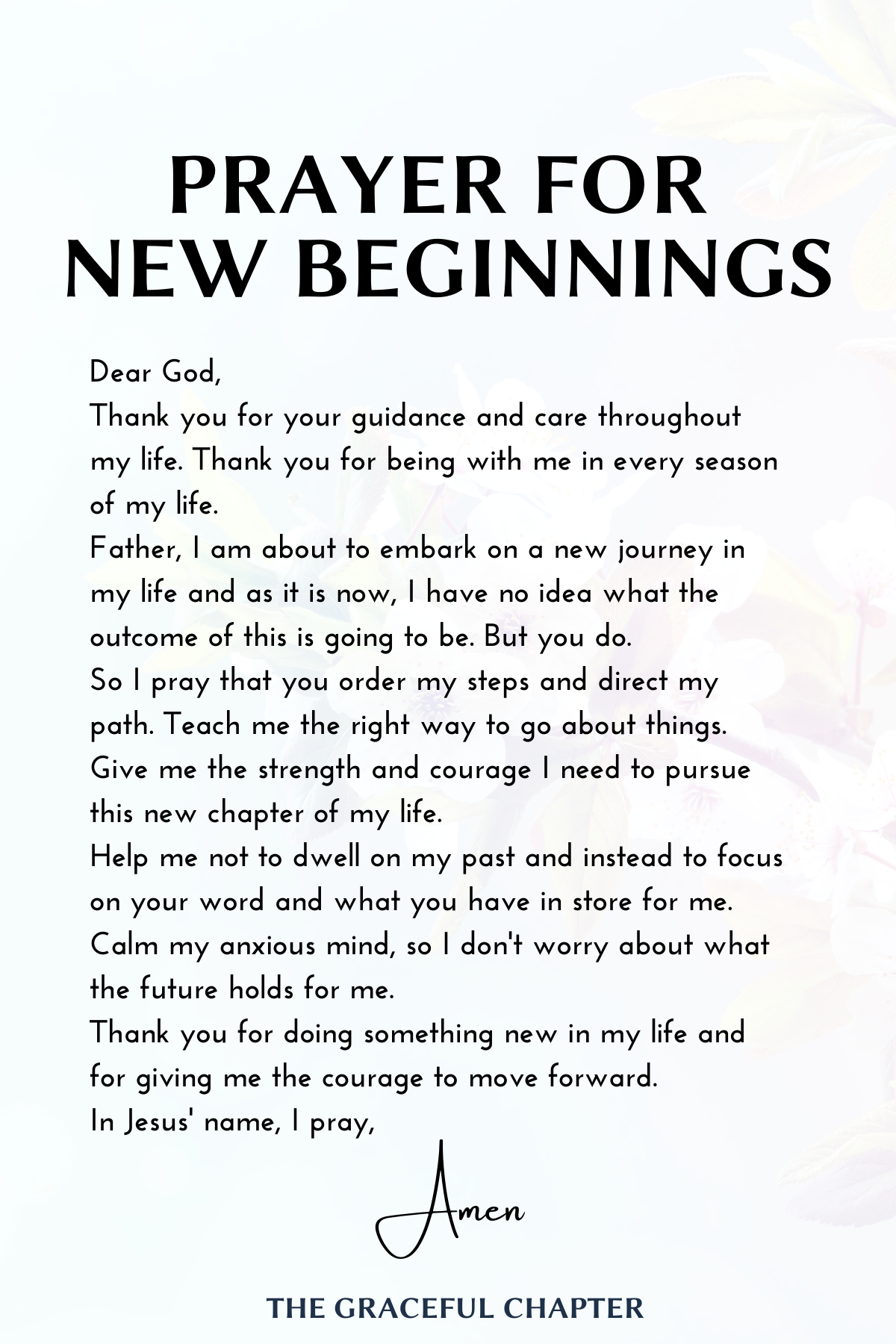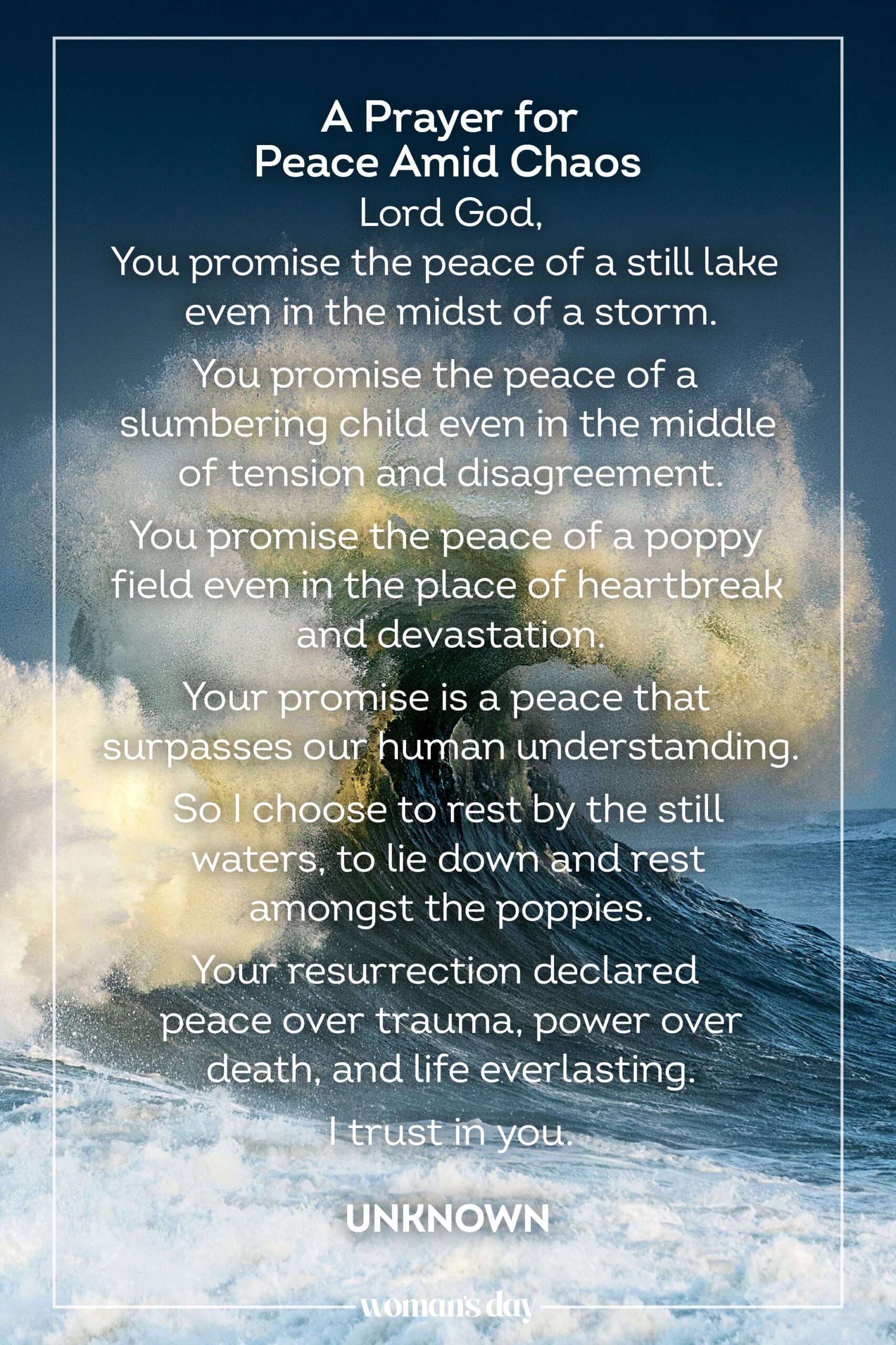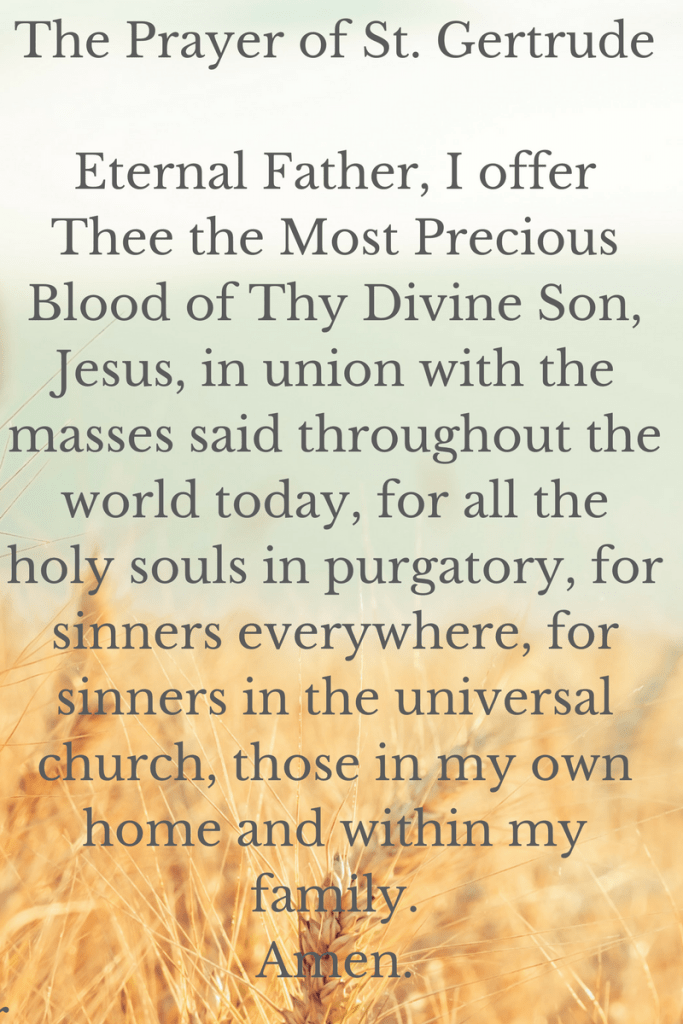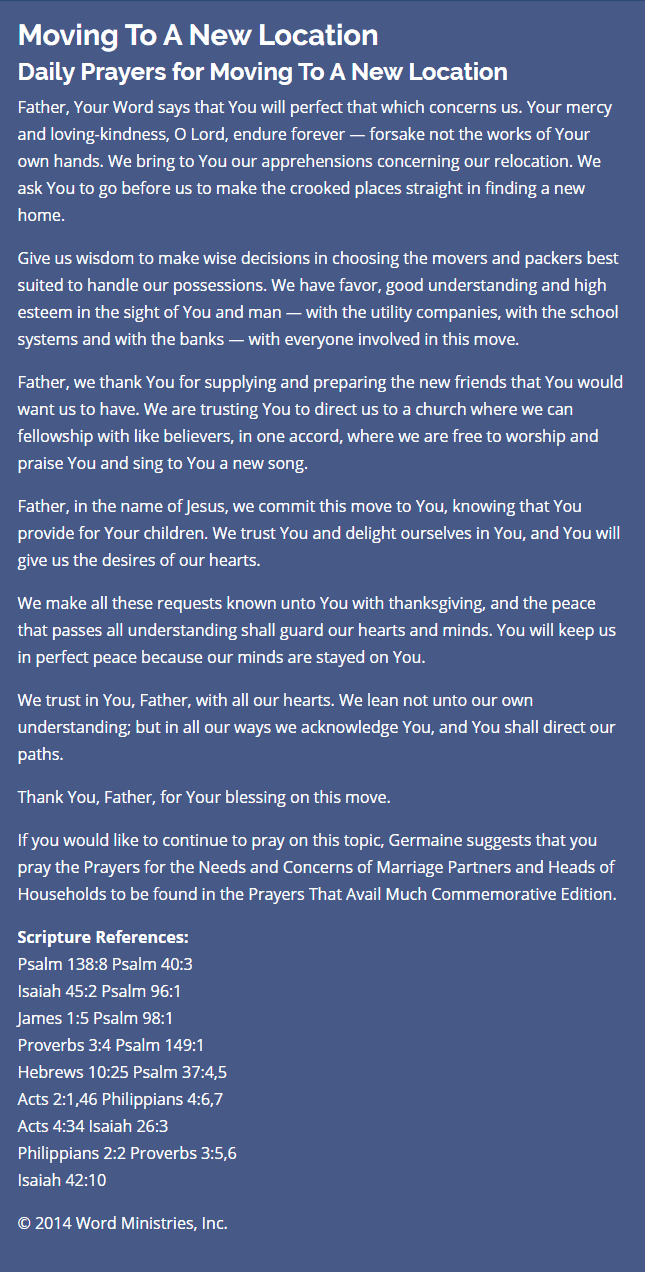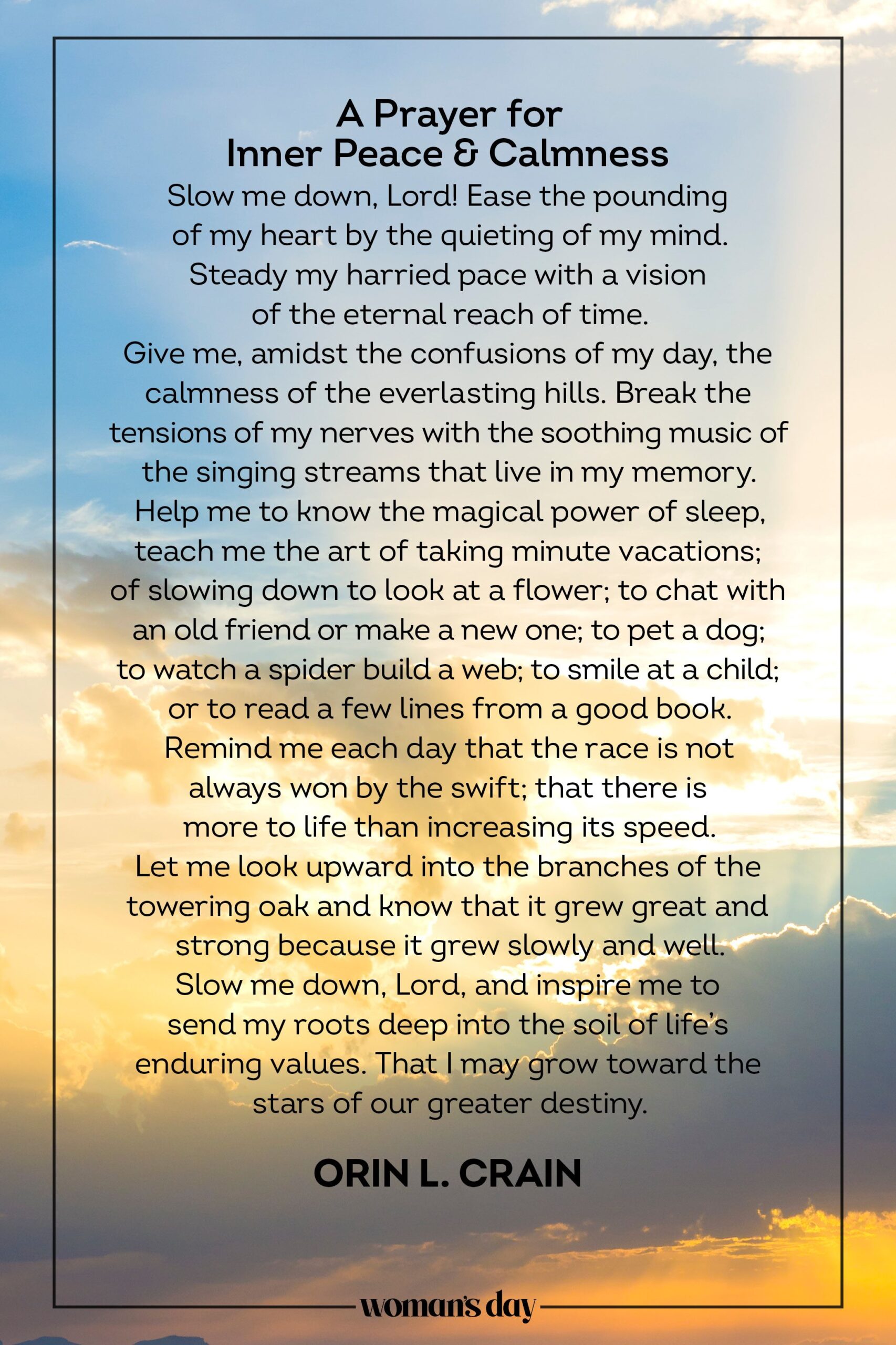40th Day Prayer For The Dead – Religious Practices
There are a number of religious practices surrounding the 40th Day Prayer For The Dead. These traditions pay respect to the dead and provide comfort to those who grieve. These doctrines also explain what happens after someone dies. Having an understanding of what these rituals entail can help you to offer appropriate support to bereaved families. You can learn about the various 40th day practices below. In addition to praying for the dead, many religious practices include Trisagion services.
Trisagion service
The Greek Church has a tradition of holding a special prayer service on the 40th day following a death. It is called the Panichida service. This service is often held on the deceased’s birthday, name day, or the day of his or her funeral. The service is held on the night before the funeral and may take place at the gravesite of the departed. The 40th day of the dead is a special time for Greeks to remember their loved ones.
A funeral is typically held on any day but Sunday, unless the deceased was a member of the Greek Orthodox Church. It may be held on Holy Saturday in honor of Christ’s descent into Hades. If there is no church service scheduled, a priest can visit the mortuary and conduct the Trisagion service. During this time, family members and friends may offer a eulogy and speak about their loved one. Afterwards, the priest will preside over the Trisagion service.
The Greek Orthodox Church emphasizes public prayers for the dead. Often completed at the end of the Divine Liturgy, the Trisagion Prayers for the Dead are said. Trisagion prayers are said for the dead on three separate days: the day of death, the third day after death, and the ninth day. The service also commemorates the dead on the anniversary of their death.
The Greek Orthodox Trisagion service is conducted during the funeral, and can last up to 90 minutes. The service includes prayers and hymns for the deceased. It acknowledges the reality of human existence and asks for the mercy of “Almighty God.”
Commemoration of the deceased at every liturgy
The best way to remember the deceased is to pray for them, and this is especially important during the forty days following their death. The soul is departed and is preparing to enter eternal habitations, so it is impossible for the body of the deceased to feel or know the grief of a funeral. However, the soul can feel the prayers of others and can feel close to them.
The forty-day memorial involves remembering the deceased at each Liturgy for forty days. This should be done in a church that holds daily services. However, if time is an issue, relatives can request that a memorial be held in a different church. They can also send contributions to a monastery or to Jerusalem, where the dead are perpetually prayed.
The funeral is traditionally conducted on the second or third day after death, and the family gathers to pray for the departed. A meal called kolyva is served to commemorate the deceased. It is decorated with fruit and local favorites. There are also prayers during the funeral. The funeral service can last up to an hour. It is important to remember that you will not be able to join in all the prayers on the day of the funeral.
The forty-day framework is used in Eastern Orthodox traditions. This relates to pagan traditions in Russia, and it is an opportunity for the soul to be judged by God. According to Eastern Orthodox beliefs, after death, the soul passes through the aerial realm, and evil spirits try to drag it to hell. In this way, the 40-day period is a time of judgment and intercession before God.
At the beginning of the ceremony, the priest removes a particle from the altar and mentions the name of the departed in his or her prayers. The name is generally drawn from a list that is submitted prior to the Liturgy. It is not unusual for the priest to read the name of a departed person during this time of the year.
Mourning as a time to reflect on life
When you are grieving, it is natural to reflect on the life of your loved one. However, the circumstances of the death may create opportunities for rumination, which can derail the process of mourning. In addition, rumination may develop into complicated grief, requiring treatment that will allow you to move past the pain. Fortunately, there are several ways to avoid this. To start, you can use a breathing metaphor to keep yourself centered and focused.
In addition to using rituals, we can use grief to learn about our own lives. In grief, we must learn to accept that our loved one has died. Mourning may include observing religious practices that commemorate the life of the departed or gathering with family and friends to share our loss. However, we should remember that mourning is an extremely personal process and may last several months or even years.
In addition, we use emotion regulation strategies to help us cope with grief. Specifically, we use extinction of conditioned reward, revision of other procedural memories, and distraction. During this process, information about our lost loved one is stored in the long-term, implicit, and explicit memory. The feeling of loss associated with death is usually bittersweet. This emotional climate can interfere with our ability to reflect on our life.
Traditions of the 40th day
A prayer or ritual on the 40th day of the dead is an important day for a deceased person’s soul. This day marks the day when the spiritual body of the deceased comes back to earth. After a person has died, their soul goes to heaven where they will appear before the Creator. The Lord will decide where they are destined to be. Depending on the faith, some people choose to celebrate the day by having a memorial service and other rituals.
Many traditions are based on Jewish belief, which holds that a person’s soul remains on Earth for forty days. Some religions and cultures have specific events that mark various points in the mourning process, such as a wake or a funeral. Others don’t have specific rituals, allowing for a more personal expression of grief. Traditions of the 40th day prayer for the dead are often followed by families who have experienced the death of a loved one.
Many Jews have a tradition of saying a prayer for the dead on the 40th day of the deceased’s death. The prayer asks God to forgive their sins and express their love and gratitude for the deceased’s existence. You can even learn how to say this prayer in English! You’ll find the translation of the prayer below. You can also visit a temple or synagogue to offer prayers for your loved one.
Many Eastern and Orthodox churches believe that the soul stays on Earth until the funeral. During the 40th day, the soul is shown Heaven and Hell. The soul is then brought before the throne of God and informed of its destiny until the end of time. If you’re looking for a prayer for the dead in an Eastern Catholic church, you may want to visit the 40th day and pray for the dead on the 40th.
Some people also believe that the deceased should not wear shoes when they die. Leaving them in the casket can prevent them from hearing footsteps within the house. Some people also place a metal “bolo” (a knife) in the casket next to their loved one. It is said that this will break any curses the deceased has been able to commit on the day of their death. These practices are meant to protect the living and make them feel more comfortable when they go on to the other side.
